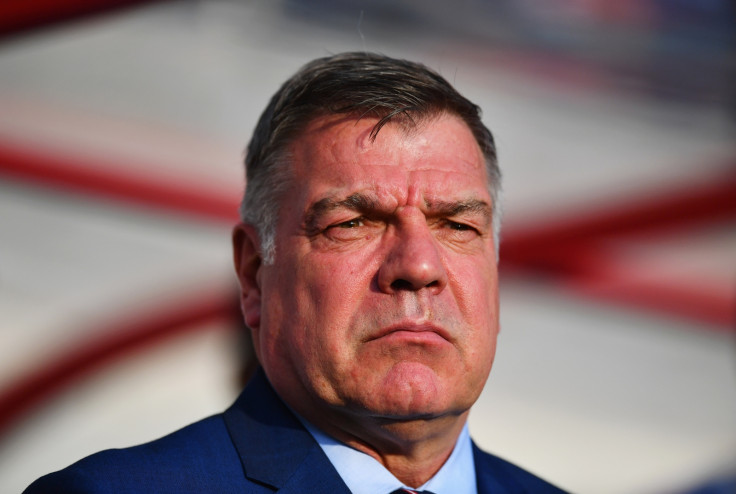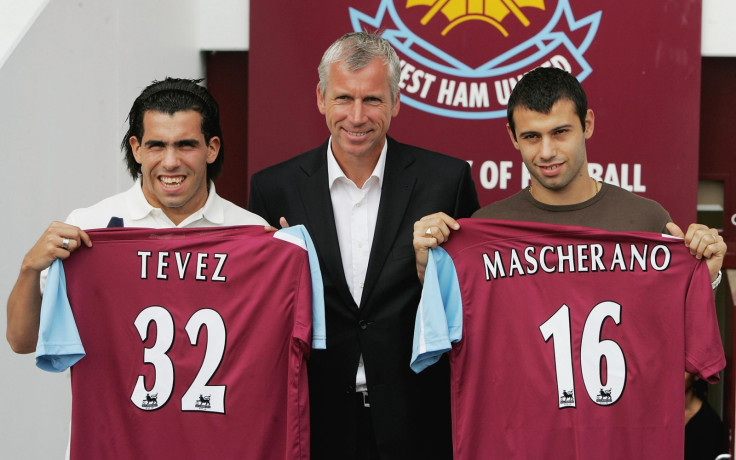Sam Allardyce scandal: What is third-party ownership in football?
IBTimes UK takes a look at outlawed practice after Telegraph sting against the current England manager.
After just two months and one solitary match in charge, Sam Allardyce's dream position as manager of England's national football team already appears perilous after the 61-year-old was the subject of a Telegraph sting in which it is alleged that he used his role to negotiate a £400,000 deal ($517,777) and appeared to offer advice to undercover reporters posing as businessman from the Far East on how to circumvent Football Association transfer rules.
Allardyce, who signed a two-year deal after leaving Sunderland in July, has yet to publicly respond to these allegations, while the FA have asked to see the full facts and relevant transcripts. It has been reported that an emergency board meeting will be held by English football's governing body on Tuesday (27 September), talks that will surely go a long way to deciding whether or not 'Big Sam' will be retained ahead of next month's 2018 World Cup qualifying double header.
The Three Lions, who began a new era with a last-gasp 1-0 win over Slovakia in Trnava, welcome minnows Malta to Wembley on Saturday 8 October in what is supposed to be the first home fixture of Allardyce's reign before travelling to Slovenia three days later.
The key aspect of this particular investigation relates to the third-party ownership of individual footballers. But what exactly do we mean by that term? IBTimes UK provides a brief outline of a hugely controversial issue that has previously been likened to a "type of slavery" by former Uefa president Michel Platini ...
Third party ownership in football, or TPO for short, essentially relates to an investor buying a share in a specific player and his economic rights, with the idea that they are entitled to a percentage of the transfer fee when their client is then sold to a new club.

The most famous example of this practice in British football came with Javier Mascherano and Carlos Tevez's respective moves to West Ham United from Brazilian outfit Corinthians in August 2006. Such a high-profile double deal came as a massive surprise at the time given that the Argentine international duo were highly sought-after by a number of European football's heavyweight clubs and controversy soon erupted amid confusion over who exactly held ownership of both players.

That ugly saga eventually led to the Hammers escaping a points deduction, but they were still fined £5.5m for "acting improperly and withholding vital documentation" over the duo's part ownership by Media Sports Investment (MSI), the company formerly headed by Kia Joorabchian. The club also later reached an out-of-court settlement with Sheffield United believed to be worth in the region of £20m after Tevez's goal against Manchester United on the final day of the 2006/07 season helped West Ham to secure a last-gasp escape from relegation and condemned the Blades to an instant return to the second tier.
TPO is deeply frowned upon in the United Kingdom, with the FA choosing to ban it altogether in 2008 after the ugly fallout from the Tevez/Mascherano saga. It continued to be very common practice in certain European and South American countries, although Fifa eventually opted to enforce a worldwide ban beginning 1 May 2015.
© Copyright IBTimes 2025. All rights reserved.






















